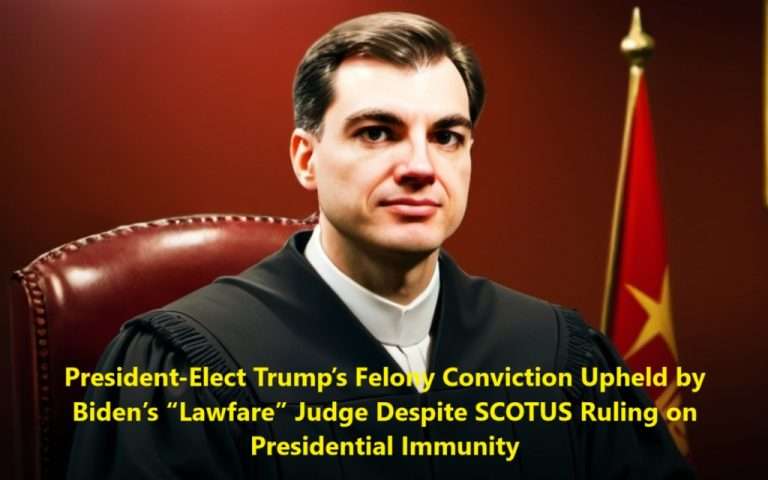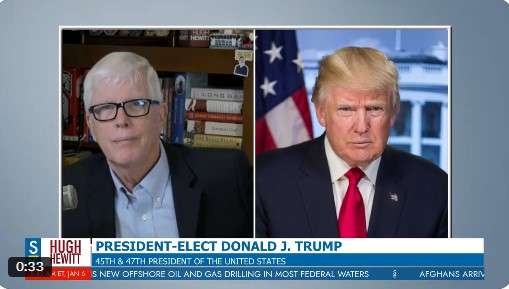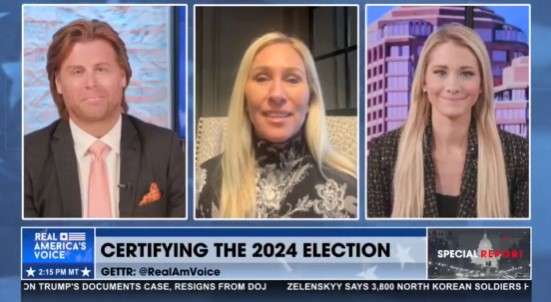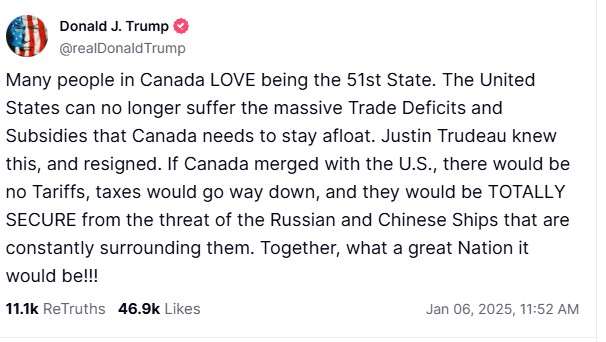In December, the Consumer Financial Protection Bureau (CFPB) finalized a new rule that curbs overdraft penalties in what experts say is an example of government overreach that will cause harm to low-income Americans. The CFPB, considered to be the brainchild of Democratic Massachusetts Senator Elizabeth Warren, granted itself this new power just weeks before President-elect Donald Trump takes office.
The policy aims to force banks to either have a hard cap on overdraft fees of just $5, much lower than the current $35 average, or to instead provide overdrafts as a form of credit rather than a penalty fee. While the rule claims to increase transparency and protect bank customers, experts say it will force banks to impose even more stringent rules on bank accounts, limiting access to credit and financial services for low-income Americans, and pushing more borrowers to turn to payday lenders, who typically charge much higher interest rates.
“This is a classic case of government overreach with regulators having no idea how private business actually works,” E.J. Antoni, a research fellow at the Heritage Foundation’s Grover M. Hermann Center for the Federal Budget, told the Daily Caller News Foundation. “These new regulations would eliminate certain banking services and impose stricter rules on bank accounts that are predominantly held by low-income folks. If those people need an extension of credit because they don’t have sufficient funds to meet an immediate expense, they’ll be driven to even more costly payday lenders.”
Typical credit card annual percentage rates range from 15% to 30%, and personal loans are even lower, according to Mayo Employees Federal Credit Union. By contrast, payday lenders often charge annual interest rates ranging from 300% to 500%. In 2022, 17% of households with checking accounts reported that they or someone in their family paid an overdraft fee, with households with incomes under $30,000 twice as likely to report at least one overdraft as those with incomes of $100,000 or more.
American household debt stood at a record high of nearly $18 trillion at the end of the third quarter of 2024, increasing by nearly $4 trillion from when President Joe Biden took office in the first quarter of 2021, according to the Federal Reserve Bank of New York. Credit card balances have also surged since the COVID-19 pandemic, with American households holding $1.17 trillion in credit card debt in the third quarter of 2024, up from $770 billion in the first quarter of 2021.
CFPB claims it has the legal authority to implement the regulation on the grounds that overdrafts are loans and not penalties — an argument that Erik Jaffe, partner at law firm Schaerr | Jaffe LLP, described to the DCNF as a “stretch.”
“The CFPB was given authority to regulate certain circumstances of consumer lending. As a result, the question is whether or not an overdraft on your checking account constitutes a short-term loan,” Jaffe told the DCNF. “It seems like quite the stretch. Banks charge customers a fee on overdrafts. The fee is not interest, as the length of time you take to pay back the fee does not change how much you owe. Interest must have a time component to it. It’s not like banks are giving customers with overdrafts money over time. They are just doing a courtesy of not bouncing a charge and embarrassing the customer.”
Jaffe also pointed out that the CFPB contradicts itself by attempting to re-classify overdrafts as a form of lending, while simultaneously permitting banks to charge overdraft penalties so long as they are under a certain dollar amount:
“If the only way the CFPB has power to regulate overdrafts is by treating it as a loan, then why do they get to regulate the amount of penalty? If they concede it’s a penalty, then it is not within their purview. There’s an internal inconsistency here.”
The overdraft rule incurred immediate legal pushback following its finalization, with the American Bankers Association (ABA) filing a motion in the Southern District of Mississippi’s Fifth Circuit for a preliminary injunction on Dec. 12. Jaffe suggested legal challenges like the one from the ABA could be successful, particularly after the Supreme Court voted 6-3 in June to overturn Chevron deference — a legal theory that provided unelected bureaucrats with significant leeway to interpret statutory ambiguities.
“We no longer defer to an agency when they say ‘if you squint really hard this statute means I can do whatever the heck I want,'” Jaffe told the DCNF. “This CFPB rule seems to smell a bit like that. The agency appears to be saying ‘if we squint just right, overdrafts look like loans, and so we have the authority to regulate them.’ The courts will take it upon themselves to determine if this is the most natural reading, and will likely conclude it is not.”
Outside of the courts, Republican lawmakers have taken aim at the rule, claiming it will limit access to credit and describing it as an example of “midnight rulemaking” by the outgoing Biden administration.
“As I’ve said repeatedly, lawful and contractually agreed upon payment incentives promote financial discipline and responsibility and protect access to important financial services,” incoming Senate Banking Committee Chairman Tim Scott of North Carolina wrote following the finalization of the rule on Dec. 12. “With just over a month until the next administration takes over, Director [Rohit] Chopra should never have finalized this rule in the first place, and I look forward to working with the next CFPB Director to advance policies that prioritize consumers over political talking points.”
Incoming House Financial Services Committee Chairman French Hill of Arkansas echoed Scott’s sentiment in a Dec. 23 statement: “We told federal agencies — including the CFPB — to put their ‘pens down’ and stop implementing new regulations, and to instead focus on preparing for an orderly transition of power. The CFPB’s decision to finalize this rule is a clear example of the Biden administration’s attempt to force through controversial policies that hurt American consumers and small businesses.”
In summary, experts say the CFPB’s new overdraft rule is a textbook case of government overreach that will disproportionately harm low-income Americans by limiting their access to credit and financial services, and pushing them towards high-interest payday lenders. The incoming Republican Congress and changing Supreme Court precedent may provide avenues to challenge this midnight rule before it takes effect.




















+ There are no comments
Add yours